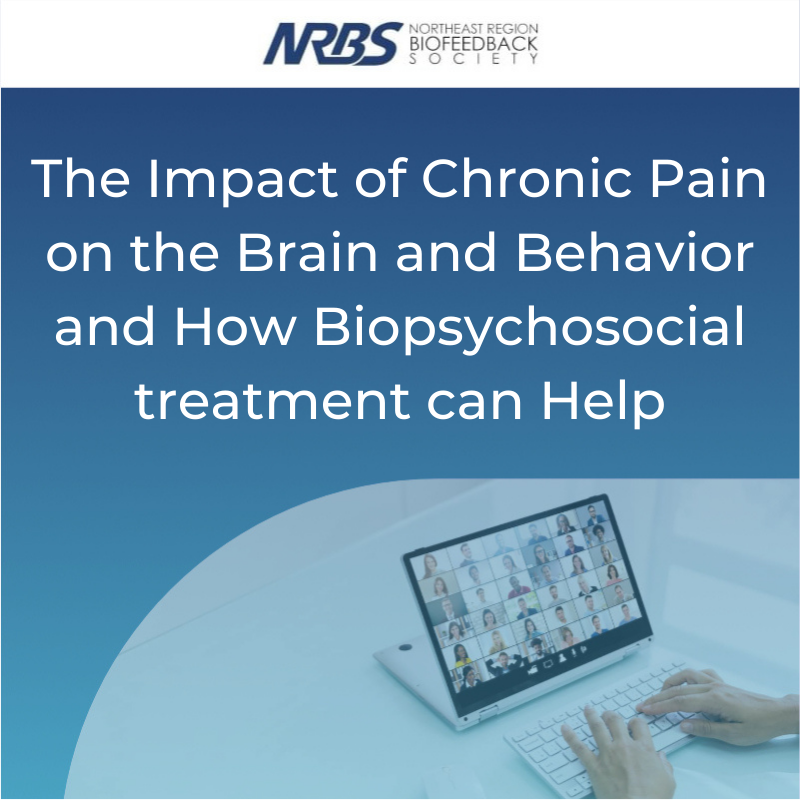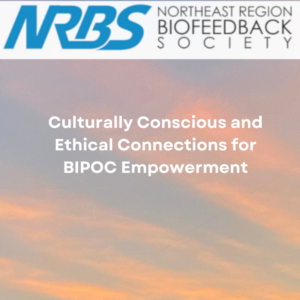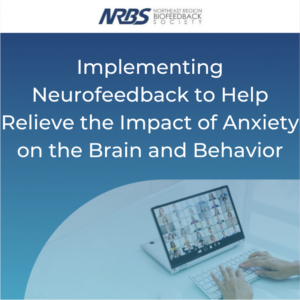Description
This program is part of a series that examines the impact of life events on behavior and the brain. The various components discussed will review research related to each subtopic, including COVID, electronic use, psychedelic drug use, trauma and more. In this hour, Dr. Rosenthal will present how chronic pain emerges as a function of interacting biomedical and psychosocial factors. Frequently resistant to typical intervention, best treatment requires a broad understanding of modalities and the clinical flexibility to shift when appropriate. This webinar will describe the biopsychosocial nature of chronic pain, and the role of lifestyle, biomedical, cognitive-behavioral, and psychophysiological interventions for individuals with these complex, but not uncommon presentations.
Objectives
As a result of participating, the attendee will be able to:
- Explain the differences between acute and chronic pain
- Explain how lifestyle, cognition, and physiology interact in the experience of chronic pain
- Describe the role of multiple biofeedback modalities for chronic pain (e.g., EDA, thermal, HRV)
- Explain the importance of balancing treatment flexibility with consistency for complex patients.
Presenters

Dr. Saul Rosenthal, PhD, Psychologist has dedicated more than 20 years to the understanding of mind-body health. His integrative approach focuses on combining psychology and physiology to help children, adolescents and adults reduce debilitating anxiety, stress, physical issues and emotional suffering. Dr. Rosenthal earned his Ph.D. in developmental psychology in 1993. He has an extensive background in child, adolescent and adult development. He is a licensed psychologist and a certified health services provider. He is Board-certified in Biofeedback and Certified in Internet Addiction and the Psychology of the Web. He has expertise in several evidence-based approaches, including cognitive behavioral therapy (CBT), mindfulness, biofeedback and neurofeedback. He interned in pediatric oncology at the Dana-Farber Cancer Institute and Children’s Hospital of Boston. He also completed an advanced fellowship in Harvard Medical School’s Behavioral Medicine Program at the Cambridge Health Alliance. Dr. Rosenthal has presented his research and published numerous articles in professional journals on the development of self-concept and self-esteem, long-term effects of sexual abuse in childhood and adolescence, and complicated grief. He gives talks and training workshops internationally on mind-body health, anxiety, stress management and biofeedback. He also continues to consult with health care, educational and corporate institutions as well as individuals and families.




